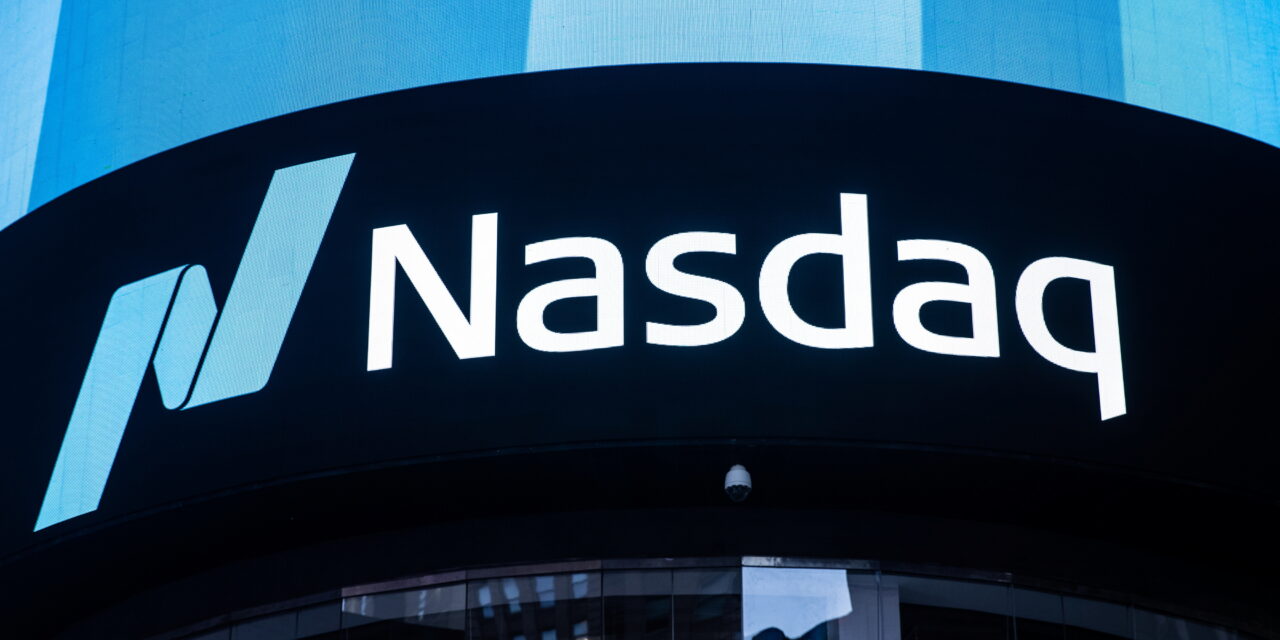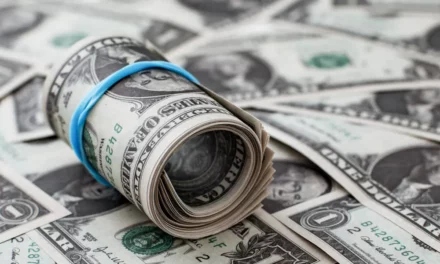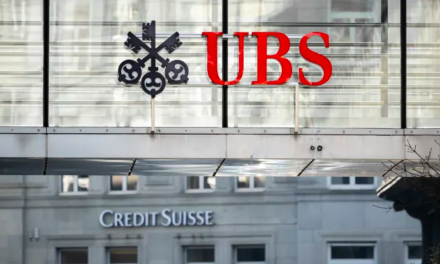Financial firms assisting several Chinese corporations set to make their initial public offerings on the tech-centric Nasdaq were advised to put everything on hold as of Friday, October 22nd, as their clients are being investigated by index officials.
Nasdaq’s postponement of these IPOs results from a recent surge in the shares of these companies almost immediately after their debuts. Several bankers and legal experts caught the index’s attention after some stocks rose by nearly 2000% following these companies’ initial appearance even though these raise fairly small amounts in the figure of $50 million or lower for their IPOs.
Unfortunately, the value of these stocks takes a steep plunge just days afterward, affecting investors who made the mistake of speculating on these so-called penny stocks.
Calling Out the Pump and Dump Firms
While the identities of these Chinese companies have not been named while the investigation is underway, a number of those working on their IPOs have advised the media that the stock rallies that ensued following their launches were the result of confidential investors from abroad who bought the bulk of the shares offered to bolster the image that these companies’ stocks were in high demand.
Because of these shadow investors, many Chinese firms doing their IPOs in the United States had first-day returns of up to 426% on average, compared to the 68% that is the average first-day return for most American or Western IPOs. However, regulatory bodies in the United States and elsewhere have yet to prosecute Chinese companies involved in what is being referred to as “pump and dump” schemes, as the banks they work with have been able to carry them off with great discretion.
Asking the Relevant Questions
As of mid-September 2022, Nasdaq officials have called out the four Chinese firms whose IPOs have been postponed, requesting their officials to respond to several questions regarding who their current shareholders are, where these shareholders are located, how much money was invested by these parties, and if these investors were offered interest-free debt in exchange for their participation.
This crackdown on questionable IPOs, especially those from Chinese companies trading shares in the United States, brings Nasdaq’s liquidity standards into the spotlight. The index adopted these standards three years ago to prevent the way Chinese firms have been exploiting many legal loopholes in the way IPOs are done on American indices.
Currently, these regulations have done little to prevent stock manipulation on the part of Chinese firms.














